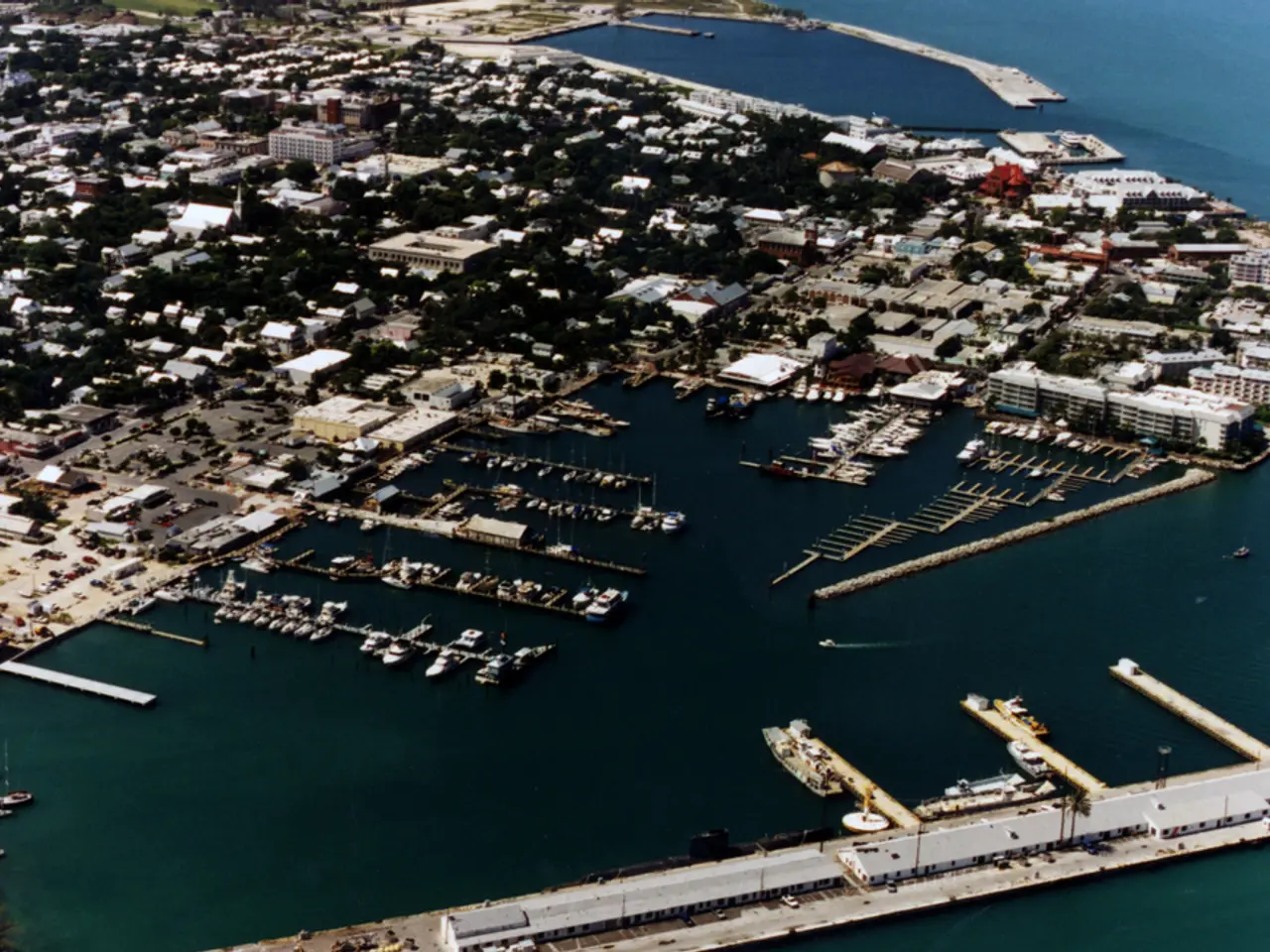Changes in port management set to impact ports in Riga and Ventspils
In a move aimed at promoting the long-term development and international competitiveness of its key economic assets, the Latvian government has proposed a port governance reform. The reform, focusing on the ports of Riga and Ventspils, seeks to improve governance independence and eliminate potential conflicts of interest.
Under the proposed changes, a Port Council will be established as an oversight body in the port authority. This Council will be responsible for taking key strategic and financial decisions, including the policy and approval of the pricing of port charges and services, the annual financial plan, the port development strategy, and issues relating to the disposal of real estate in the port area.
The composition of the Port Council ensures a balance of power between the State and local authorities. It will consist of four members: two representatives of the State, one each from the Ministry of Transport and the Ministry of Economics, and two representatives of the municipality concerned. Notably, the representative nominated by the Minister of Transport, as the sectoral responsible, will have a casting vote if the votes of the members delegated by the State and the municipality are equally divided.
Despite the reform's focus on Riga and Ventspils, the Liepaja Special Economic Zone (SEZ) will not be directly affected until 31 December 2035. The Liepaja SEZ, which includes Liepaja port, operates under its own legal framework, distinct from the direct municipal or national governance of other ports.
In Ventspils, local politicians are seeking to regain municipal influence over the port, but this does not indicate a nationwide change. In Riga and Liepaja, there are no reported governance structure changes directly affecting these ports or their management relationships with each other or the Liepaja SEZ.
The operational activities of the port will be delegated to an executive body of the port authority headed by the port manager. The current boards of the port authorities of Riga and Ventspils will cease to exist. The Port Council's decisions regarding strategic and financial matters will be binding for the executive body of the port authority.
The reform is expected to contribute to a more precise and efficient use of resources in the management of both the ports of Riga and Ventspils. The management of both ports will be coherent and transparent, ensuring the long-term development and competitiveness of these vital economic assets. The differentiated approach ensures greater flexibility in governance while preserving the diversity of the Latvian ports sector.
The Port Council will have a supervisory role, rather than a decision-making role, as in the case of capital companies. This structure is designed to maintain a balance of power and ensure that strategic decisions are made in the best interests of the ports and the nation as a whole.
Sources: [1] BBC News Latvia, "Ventspils Mayor Seeks to Regain Municipal Control Over Port," 10 March 2023,
- The EU government's proposed port governance reform in Latvia includes establishing a Port Council, which will oversee the transport industry's key financial decisions, such as port charges and services, annual financial plans, and port development strategies, aimed at enhancing the competitiveness of the ports of Riga and Ventspils.
- Financial decisions made by the Port Council under the port governance reform will be binding for the executive body of the port authority, ensuring a more precise and efficient use of resources in the management of both Riga and Ventspils ports, fostering their long-term development and competitiveness in the international business environment.
- The proposed port governance reform, while focusing on Riga and Ventspils, exempts the Liepaja Special Economic Zone (SEZ), including Liepaja port, until 31 December 2035, as it operates under its own legal framework distinct from direct municipal or national governance.




